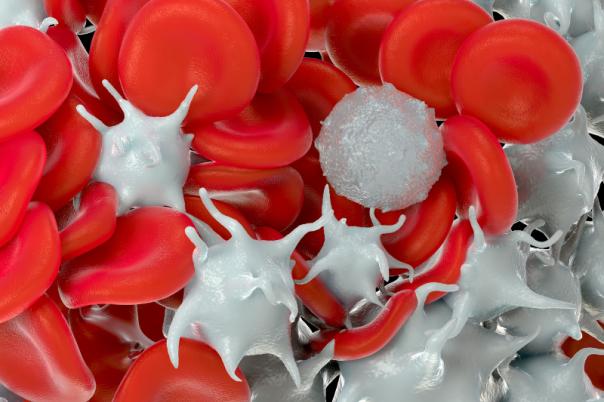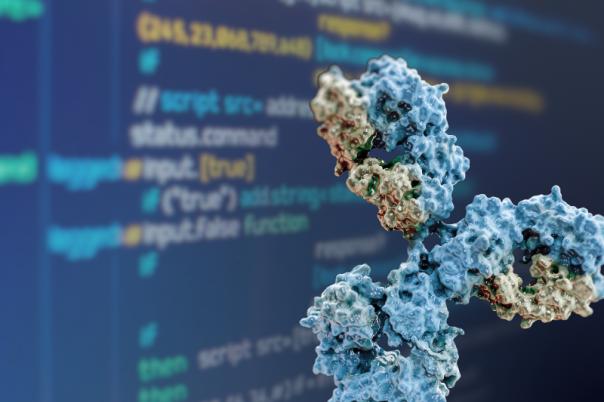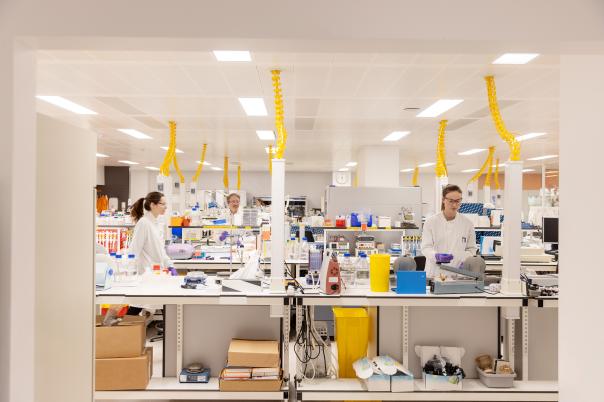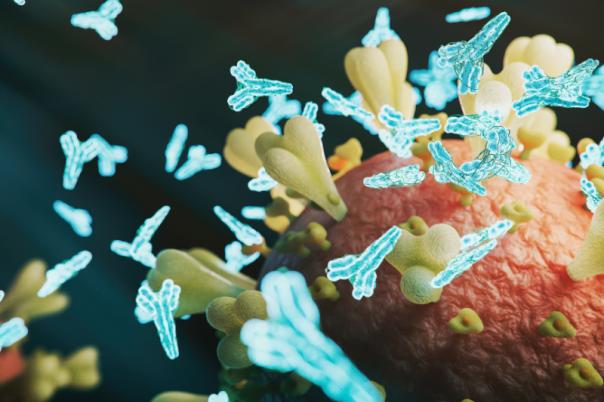ADCs are a therapeutic area that has shot up in interest in recent years. Now, with 13 FDA-approved ADCs and billions of dollars of investment for the area, biologics manufacturers need to be careful not to get complacent or caught up in the hype. Improvements are still needed for the modality to surpass the efficacy of chemotherapy and reach their full potential.
For the past decade, the ADC field has concentrated on enhancing linker payload technology. For Mike Schopperle, CEO at CureMeta, it is also important to expand the pool of targets that ADCs are developed for. That’s why his Boston-based biotech company is developing ADCs targeting novel and embryonic cancer targets to specifically address metastatic cancer.
Schopperle explained how CureMeta thinks about cancer a little differently to the conventional understanding of the disease. Their theory says rather than being the primary drivers of cancer themselves, genetic mutations and other stresses on cells instead cause cells to revert to an embryonic-like state, driving metastasis and resistance.
Traditionalists when it comes to antibody production, CureMeta uses the hybridoma method to create antibodies targeting embryonic antigens, focusing on carbohydrate structures. Schopperle comments that when he started the company, he was warned against going after carbohydrate structures due to their abundance and non-specificity. However, CureMeta’s lead antibody Bstrazumab targets TRA-1-60, a carbohydrate structure expressed in cancer cells but not in normal tissue.
TRA-1-160 is a post-translationally modified carbohydrate structure highly expressed on normal embryonic stem cells and cancers. The target has been validated as a cancer marker, and studies show it gets internalized, making it an ideal ADC target.
Schopperle said: “It's a polylactosamine post-translational glycosylation of a very interesting protein called podocalyxin.
He continued: “if you're a cancer cell and you want to metastasize, you want to express podocalyxin because podocalyxin has adhesion properties, non-adhesion properties, motility properties, it's connected to all the pathways necessary.”
The company’s ADC, Bstrazumab has proven efficacious in preclinical in vivo studies, killing cancer cells expressing TRA-1-60. Now, CureMeta aims to enter clinical trials within 18 months, with the goal of significantly impacting cancer treatment.






